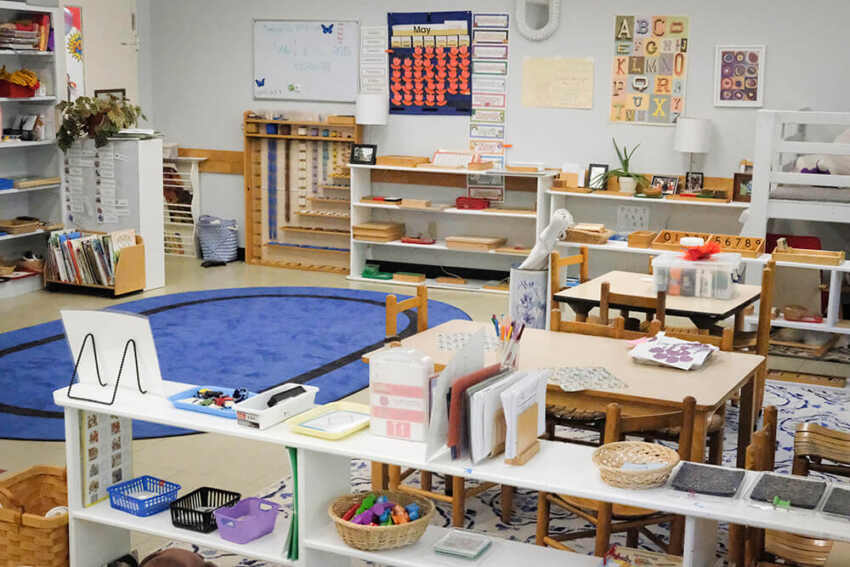Montessori Principles: Breaking the Mold for Effective Teaching and Learning
The traditional classroom model has adhered to the idea of a teacher-centered approach, where the teacher is the sole authority figure and decides what and how the students should learn. However, the Montessori method offers a refreshing alternative, providing an environment that is child-centered and promotes self-directed learning. This unique approach is built upon several key principles that prioritize hands-on experiences and foster independence, curiosity, and a love of learning.
1. Individualized Learning:
The Montessori method recognizes that each child is unique, with their own interests, abilities, and learning styles. Applying this principle, teachers create an individualized learning plan for each student, allowing them to progress at their own pace. This approach ensures that children are neither left behind nor held back, as the curriculum is tailored to match their specific needs and strengths.
2. Prepared Environment:
The classroom environment plays a crucial role in the Montessori method. It is thoughtfully set up to inspire and facilitate learning. Teachers arrange the space with diverse materials, hands-on activities, and engaging learning aids. This environment encourages creativity, exploration, and problem-solving skills.
3. Freedom of Choice:
Another essential principle of Montessori is the freedom of choice. Students are given the liberty to select their activities and materials, promoting independence and self-motivation. By allowing children to choose what they want to learn, they develop a sense of ownership and responsibility for their education.
4. Multi-Age Grouping:
Montessori classrooms typically consist of mixed age groups, where children of different ages learn and work together. This dynamic allows older students to become mentors and helpers, reinforcing their understanding of concepts while developing leadership skills. Younger children benefit from observing and collaborating with their older peers.
5. Hands-On Learning:
The Montessori method strongly emphasizes hands-on learning experiences. Manipulative materials are an integral part of the curriculum as they provide concrete representations of abstract concepts. These materials encourage students to engage their senses and actively participate in their learning journey.
6. Focus on Practical Life Skills:
Montessori education recognizes the importance of teaching practical life skills alongside academic subjects. Children are taught basic life skills, such as pouring, buttoning, or tying shoelaces, which not only promote independence but also contribute to their overall development.
The Montessori method challenges the traditional education system by empowering children to take charge of their own learning. By incorporating individualized learning plans, a prepared environment, freedom of choice, multi-age grouping, hands-on learning, and practical life skills, Montessori educators break the mold of traditional teaching and create an environment that fosters curiosity, independence, and a lifelong love of learning for children.
Nidhin
For More Details Call: +917510220582

